Before we begin: I want you, the reader, to know that this article will spoil all of the games in the Assassin’s Creed: The Ezio Collection package (Assassin’s Creed II, Assassin’s Creed: Brotherhood, Assassin’s Creed Revelations), as well as various other games in the series (Assassin’s Creed, Assassin’s Creed III, etc…). If you are interested in these games, The Ezio Collection is the perfect way to jump into the series, and you should pick it up now (or when most convenient). Now, back to the Article.
What’s worse: Waiting a long time for a cliffhanger ending to be paid off, or knowing that the payoff will suck?
This was a problem I was confronted with when playing Assassin’s Creed: The Ezio Collection recently. This may sound like I don’t like the games, but I do. In fact, I would say that, like the title hints, I am a fan. I have beaten The Ezio Collection (II, Brotherhood and Revelations) thoroughly before, I have beaten Assassin’s Creed III, and I have played the other mainline entries within the series (Assassin’s Creed, Black Flag, Unity and Syndicate), but I haven’t beaten them due to some problems that I will be discussing in this article. I have read the wiki, the codex pages, the in-game library, the whole nine yards. I love these games, but after re-playing Assassin’s Creed II, I have to admit that they don’t make them like they used to.
PART I: Assassin’s Creed II
Assassin’s Creed II has aged okay. I mean this with love and caring, but its controls were always a mess. They hit the highest highs, making you feel like you are soaring across Italian Cityscapes like a renaissance Flash, and the lowest lows, sometimes giving you the impression that you are driving a car that has four flat tires and a wrench instead of a steering wheel. The “Back Eject” move has given me more grief than I’d care to admit, especially in the challenging “Assassin’s Tomb” missions. But when it worked, especially in the late game, it was a great feeling that has rarely been matched today. The Graphics leave something to be desired, but it’s a Ubisoft Game from 2009; what can you do?
What really makes this game though, is the story. Unlike the other entries in this collection, Assassin’s Creed II was more obviously planned ahead of time. It had a solid base to build off of with the original Assassin’s Creed, and with the proper feedback, development team and setting, the series was transformed into a critical and commercial success. This improvement, this confidence, was present throughout the game.
The story, following main Character Ezio Auditore Da Firenze on his path of revenge throughout Renaissance Italy, had a good mix of freedom and linearity that made the story feel epic, yet focused. It also used various in game items and quests, such as the “Glyph” puzzles and collectible “Codex” pages to help inform the player about the world outside of the game. The only thing that this game failed at, story wise, was fleshing out the modern day characters. But that is a gripe for another section.
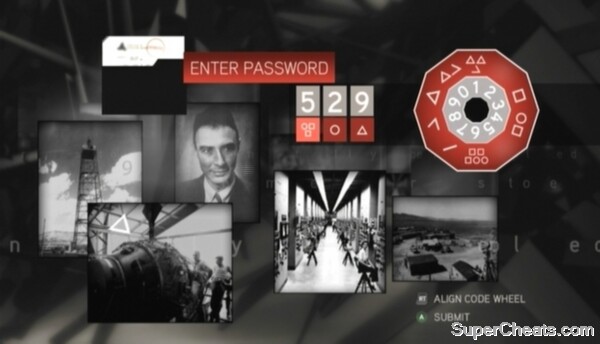
The eponymous Ezio is not only a good character for games as a whole, but he is easily the best character in the series, period. He had range (angry, sad, romantic, funny), he had depth, and, most importantly, he had an arch. Not to skip ahead too much, but this is something that many characters in later entries lack. Ezio was not a wise-crackin’ Master Assassin at the beginning of the game. He was an angry and afraid kid, doing his best with the tools he had to avenge his brothers and father. At the end, however, he was no longer angry or afraid.
He was tired, but happy. He had done his job. He had killed the men responsible (minus Rodrigo Borgia, who he should’ve killed, but didn’t due to historical reasons), and now he was at peace.
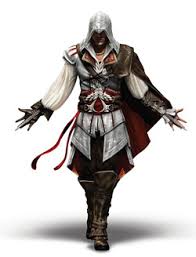
While Assassin’s Creed II’s ending did leave a few confusing plot holes — how will Ezio get out of that Vault under the Vatican? Why did he let the most powerful Templar in Europe, Rodrigo Borgia, live? What is the deal with these alien guys? — it gave us enough to not need another Ezio story. To quote Minerva, the hologram of a long-dead alien who resides in the Vault, when she is speaking to Ezio at the end: “You’ve played your part.” It was time for a new character, a new setting, and a new struggle for our characters in the modern day.
PART II: Assassin’s Creed: Brotherhood and Assassin’s Creed: Revelations
Oh, we’re playing as Ezio again. I can’t say that I am too disappointed by this continuation. Actually, I would say that Brotherhood is my favorite game of the three. I am also a self-avowed member of the Ezio Fan Club, so it was nice to see him again at the height of his power. But, there are some problems with this game, and it starts with this: All of his stuff will arbitrarily be taken away from him again.
This is to be expected in sequels, but that doesn’t make it right. And on top of that, it also symbolizes another problem with this game: This didn’t have to happen. The game didn’t have to take away all of your stuff, but it did. It didn’t have to exist, but it does. Why?
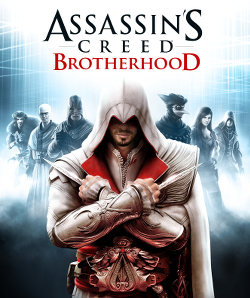
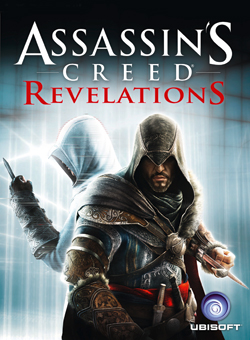
Money. Plain and Simple. I may love this game, but if the entries after Assassin’s Creed II was decided purely by artistic merit, that entry would have been Assassin’s Creed III. No, not the real one. Another one that chose a different time period (16th century Japan), a different character (A ninja, or samurai, or something cool) and was, you know, Good. Ubisoft had seen that their gamble had paid off, and now it was time to play it safe and make some more money. They had their character and setting, now all they needed was a story and a new engine to put it all together. This may sound like I am hating on them for doing this, and I do hate them somewhat, but you have to make money in the games industry. Why throw out a popular character and setting for “artistic merit”? Artistic merit doesn’t always bring home the big bucks.
Again, it’s not like these games are all bad. Actually, as I have been saying over and over again, they are pretty good. While Ezio’s a little more static this time around, he still has the same charm and charisma that makes him, well, him. Rome was fully-realized, fun to explore and full of secrets. Constantinople was also beautiful and fun to explore, but, like Revelations as a whole, wasn’t as fun as its predecessor.
The real saving grace of these entries, the things that made them all worth it, were the modern day segments. Most people don’t like them (they actually hate them with a passion), but that’s what I liked so much about the older games. These two entries gave the other main characters (Desmond, Lucy, Rebecca, and Shaun) more personality, more life. They also expanded on infamous and unseen Subject 16, AKA Clay Kaczmarek. He is ghost and predecessor that haunts you throughout the first three games, first with his blood and then with memories that he hidden within the Animus, before finally confronting Desmond in person. While the character developments for Desmond, Lucy, Shaun and Rebecca weren’t paid off in the next entry of the series, Clay’s story was. Revelations was his last game, and I thought that they handled him and his story well. Not great, but well. It’s better than what the others got.
In the End, Brotherhood and Revelations were the last two games in the “original” sequence (AC I – AC III) that were any good. They had their faults, and I do blame them for taking up all of the good writing and characterization from the rest of the franchise, but they were worth it. They are games worth playing.
PART III: Where it all went wrong
Well, we’ve finally arrived to the bad years of the Assassin’s Creed franchise. Revelations to many was thought of as the weak link, the one that would be remembered for its holding-pattern story and terrible tower-defense game. Then Assassin’s Creed III came out.
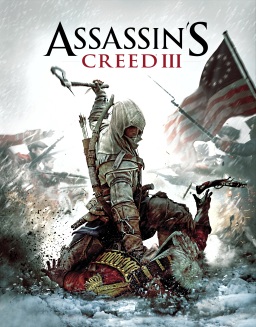
This failure hit me especially hard. I was really amped for this game before it released. I had the collector’s edition, I waited in line at PAX East to see a live demo of it, and even though I was worried about the creative licence that the game was taking with the Battle of Bunker Hill (they turned the battle from one right outside of Boston to one in the middle of some primordial jungle-forest), I was convinced that things would work out in the end. A little creativity never hurt anybody.
Well, that is true, and it is the lack of creativity that hurt Assassin’s Creed III. Connor was not a proper follow-up to Ezio. They thought that a lack of emotions would make him cool, like the Man with No Name or some other emotionless hero. Instead it made him annoying and, worse still, boring. He didn’t change. He started angry, and he ended angry.
New England, the place I love and call home, was not a proper follow up to Renaissance Italy. While it was fun to traverse and fight in, it was samesy and overall the game suffered for it.
The game-play changed, going full action-game on everyone. It made it fun to play, but at the cost of what made Assassin’s Creed… well Assassin’s Creed. Brotherhood and Revelations also, in my opinion, strayed too far into action territory, but Assassin’s Creed III finally took us into full-on God-Warrior territory. Assassin’s Creed, the first one, was a stealthy game with hit-and-run action. I like fighting my way out of failed stealth situations (something that happens to me often), but now Assassin’s Creed had gone too far. Through a long and barely noticeable process, the series had become something entirely different. Something generic.
The worst thing about this game, however, is its treatment of Desmond and the gang. By Revelations, Lucy was dead (and revealed to be a Templar Double Agent), Desmond’s dad had joined them and they were all ready to stop this world ending event once and for all. The stakes couldn’t be any higher. Naturally, all they did in the game was stay in a cave until another alien ghost guilts Desmond into dying so he can “save the world.” It sounds heroic, but when you see it play out with Desmond grabbing these two Pillars that essentially electrocute him, it feels anti-climatic. Like the writer of this game also hated Desmond, and wanted to give all of those in the “We Hate Desmond” Camp a real big victory.
There were some out of cave diversions, but they were just that: diversions. We got to see the modern world, and see Desmond in action, but never in full. Desmond came close at the end of the game, with him finally being able to kill people — even though he’s had a hidden blade since AC II — but he never truly turned into the Master Assassin that the series had promised us. To drive this home, the two reasons that the history segments exist, story-wise, is to:
- Find ancient artifacts called Pieces of Eden.
- Train Desmond so he can be an assassin (after AC1 at least)
But now the fans got what they wanted: A dead Desmond and a future for their beloved franchise.
And ever since, the series has been in a holding pattern. People like Assassin’s Creed IV: Black Flag. They also like the Sailing Sections in Assassin’s Creed III. I liked neither of those things. Nobody really likes Assassin’s Creed: Unity, and for good reason. It’s bland, it makes the Assassins bland and its main character, Arno, like Connor before, is also bland. Paris was nice, and the game looked good (when it worked), but that wasn’t enough to save it from itself. What’s worse still is that it took place during The Reign of Terror, one of the most interesting time periods in human history.
I did not play Assassin’s Creed: Liberation or Assassin’s Creed: Rogue. I would like to play Rogue, its story intrigues me, but I don’t have much hope for it. I did play a substantial amount of Assassin’s Creed: Syndicate, and I found some of its characters initially interesting. Jacob and Evie Frye make for a good double act, but, as I brought up earlier, they both stay the same for way too long. Never are they unsure of themselves, never do they change or grow as people.
To be honest with you, I lost interest in the game halfway through. Maybe they do change and become entirely different people at the end. But Ezio — my main man — had already changed substantially, both age-wise and maturity-wise, by the midpoint of Assassin’s Creed II. They may be funny (at least Jacob is), but they aren’t dynamic. And that’s where they fail.
Back in September of 2016, Ubisoft was in danger of being bought out by French Media Company Vivendi (and they still are). Yves Guillemot, CEO of Ubisoft, spoke to several news outlets, discussing the state of the company during these hard times. Guillemot was concerned that a potential merger with Vivendi would hurt Ubisoft’s “creativity, agility, and risk-taking” which was “intrinsic to our industry.” However, I think they lost those things around Assassin’s Creed II. Sure, Rainbow Six: Siege is fun, so is Steep (to an extent), but what have they really done that’s knocked people’s socks off since Assassin’s Creed II? Far Cry 3 was daring on the narrative side, but game-play wise it was the blueprint for all of Ubisoft’s other open world games. More Call of Duty than the daring and brutal Far Cry 2.
 Yves Guillemot, CEO of Ubisoft
Yves Guillemot, CEO of Ubisoft
I hope Assassin’s Creed finds its way again soon. The gameplay in the last few games has improved, probably to the best it’s ever been, but a steep price has been paid. I miss that crazy Ancient Alien/Conspiracy/2012-inspired story that was both a “risk-taker” and “creative.” I miss Rebecca and Shaun actually being important characters to the story, rather than being some C-3PO/R2-D2-esque side characters that appear in every game because they have to. I miss the Assassins being good, and the Templars being bad. The whole “we’re actually the good guys” thing the Templars tried pulling in AC III didn’t work, not because it wasn’t interesting, but because, to use Revelations as an example, the Templars will literally throw their henchman off of a carriage and to their deaths if they don’t ride fast enough.
If Ubisoft wants to make a million games set solely in the past, fine. I get that I am the only person who liked Desmond and the modern day stuff. Just give me one thing in return: more characters like Ezio Auditore. Not just one character, but several that grow and change throughout their games. Ones that have emotions, strengths and weaknesses. I would trade all of the conspiracy-laden modern day stuff for one more game with a main character like that.


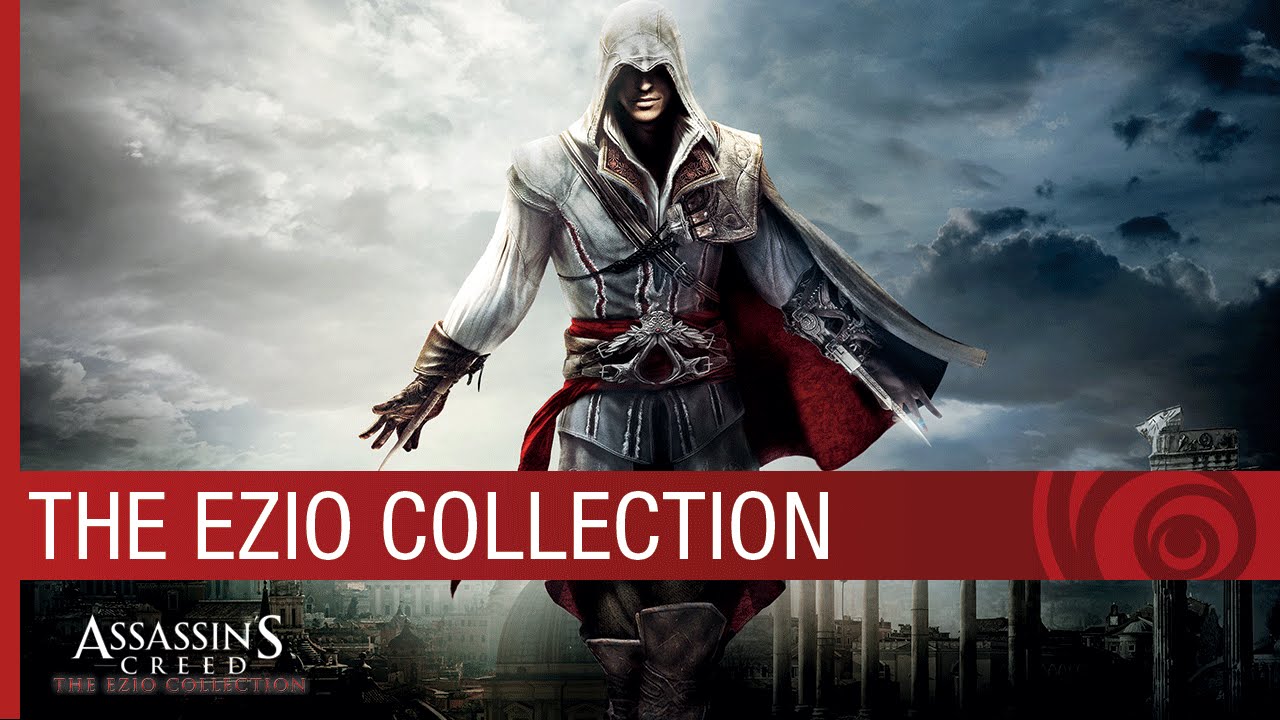
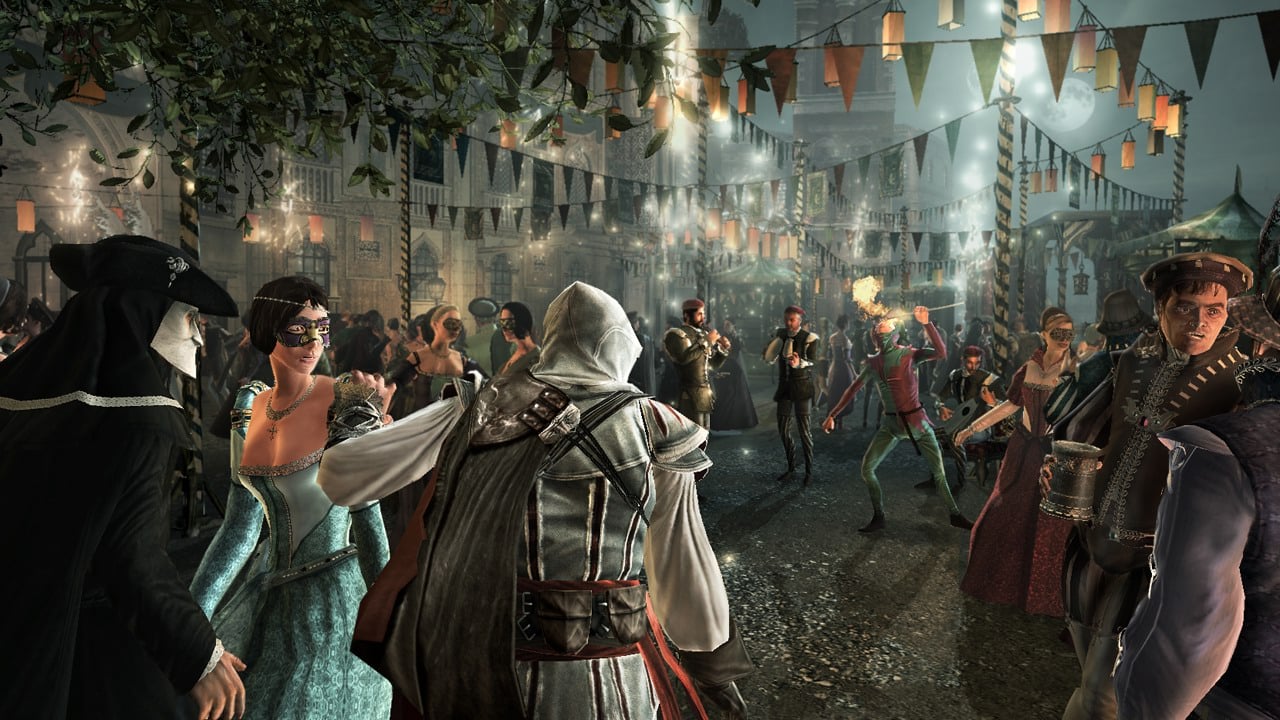
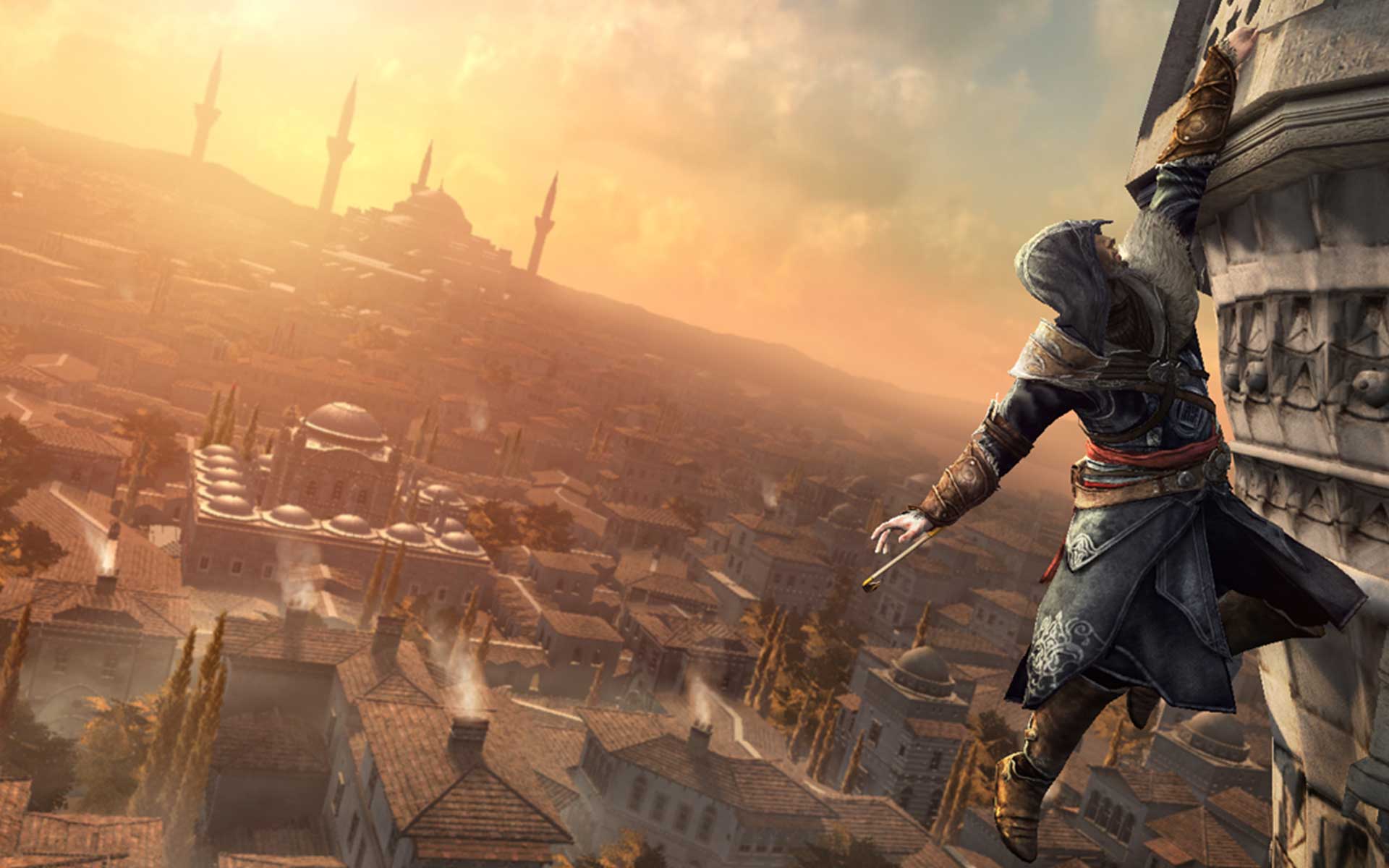
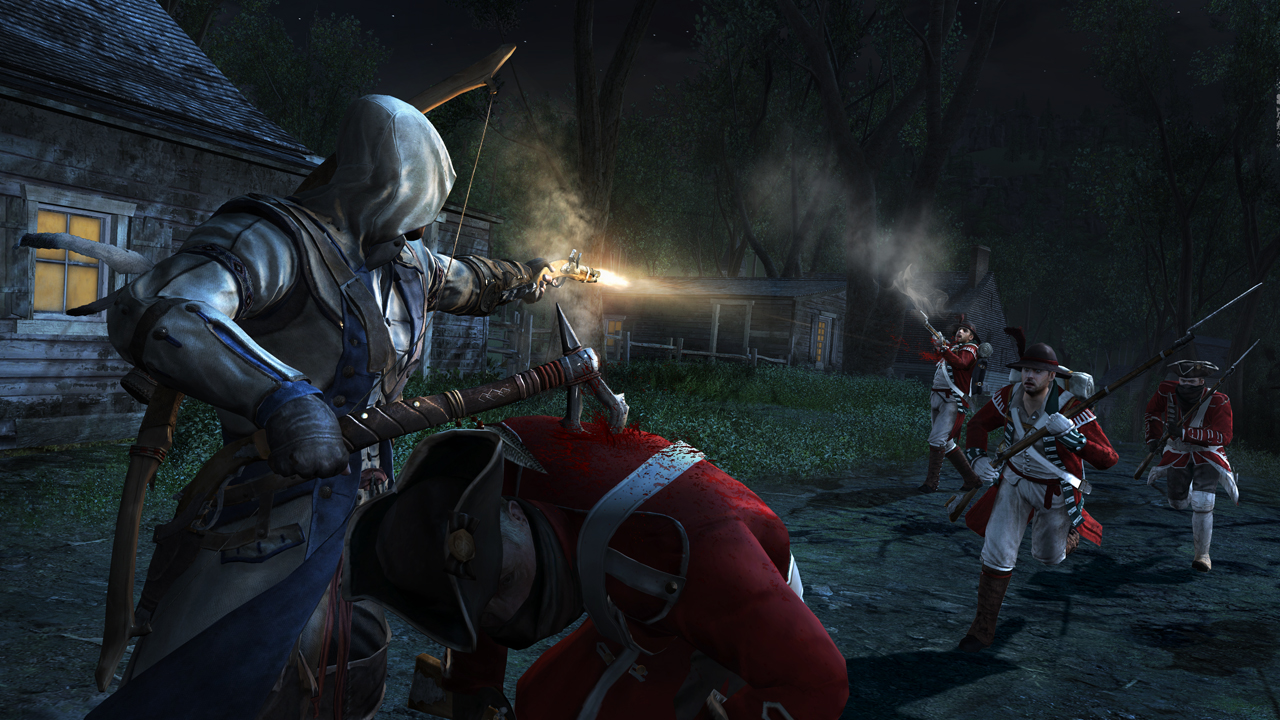
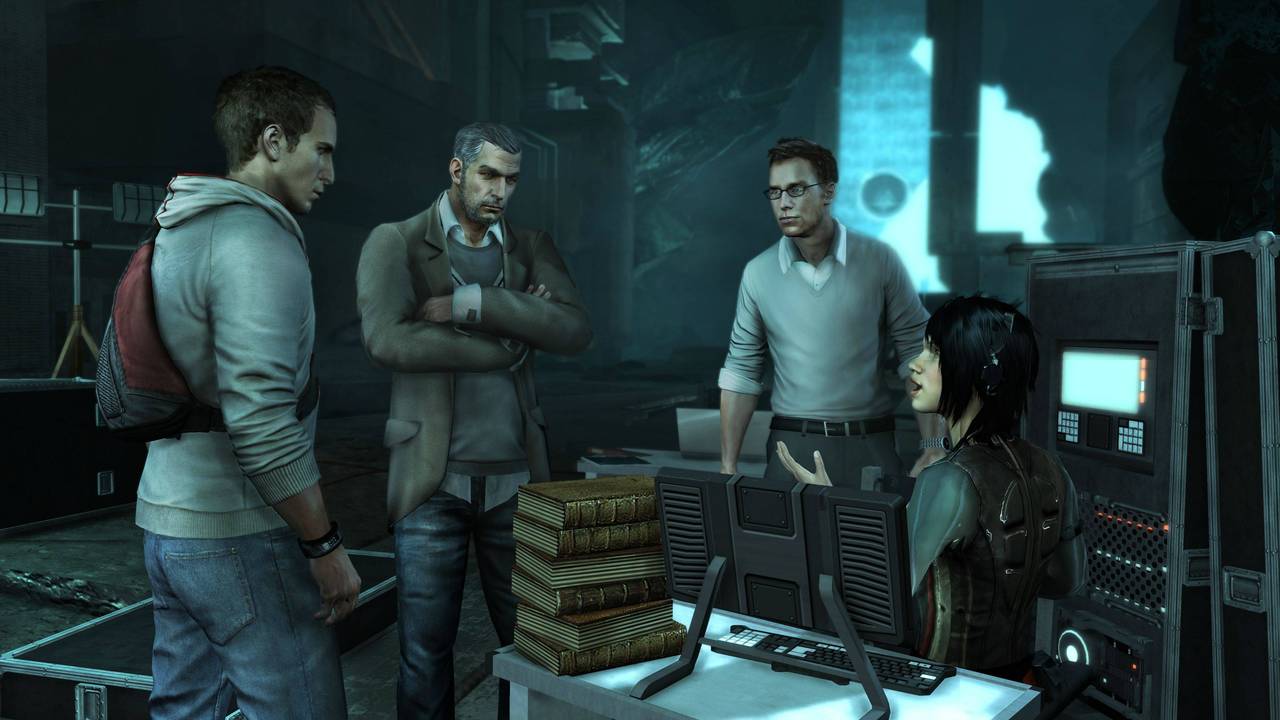
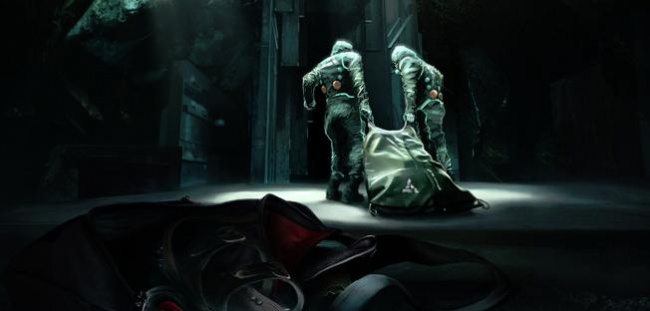
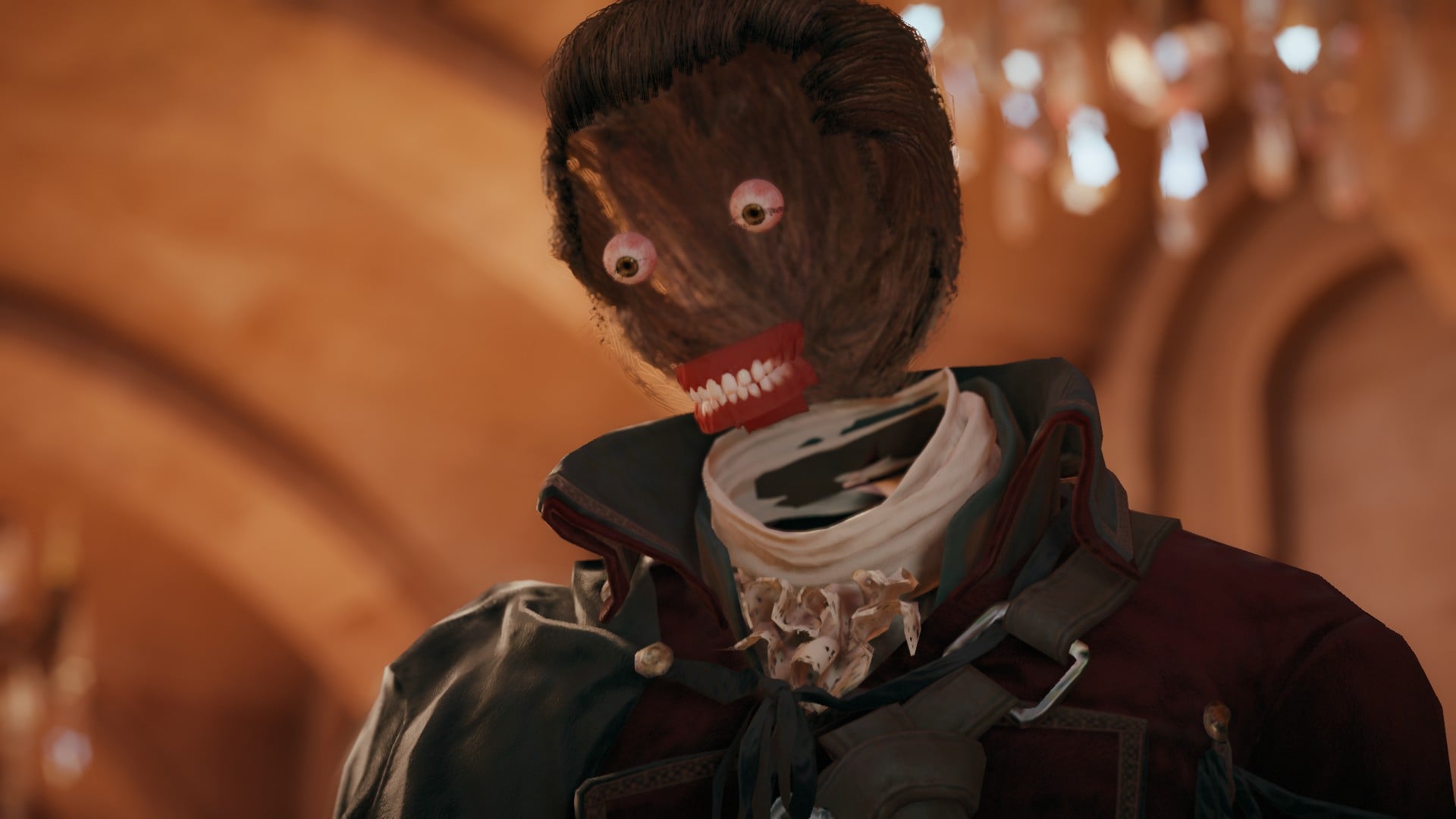
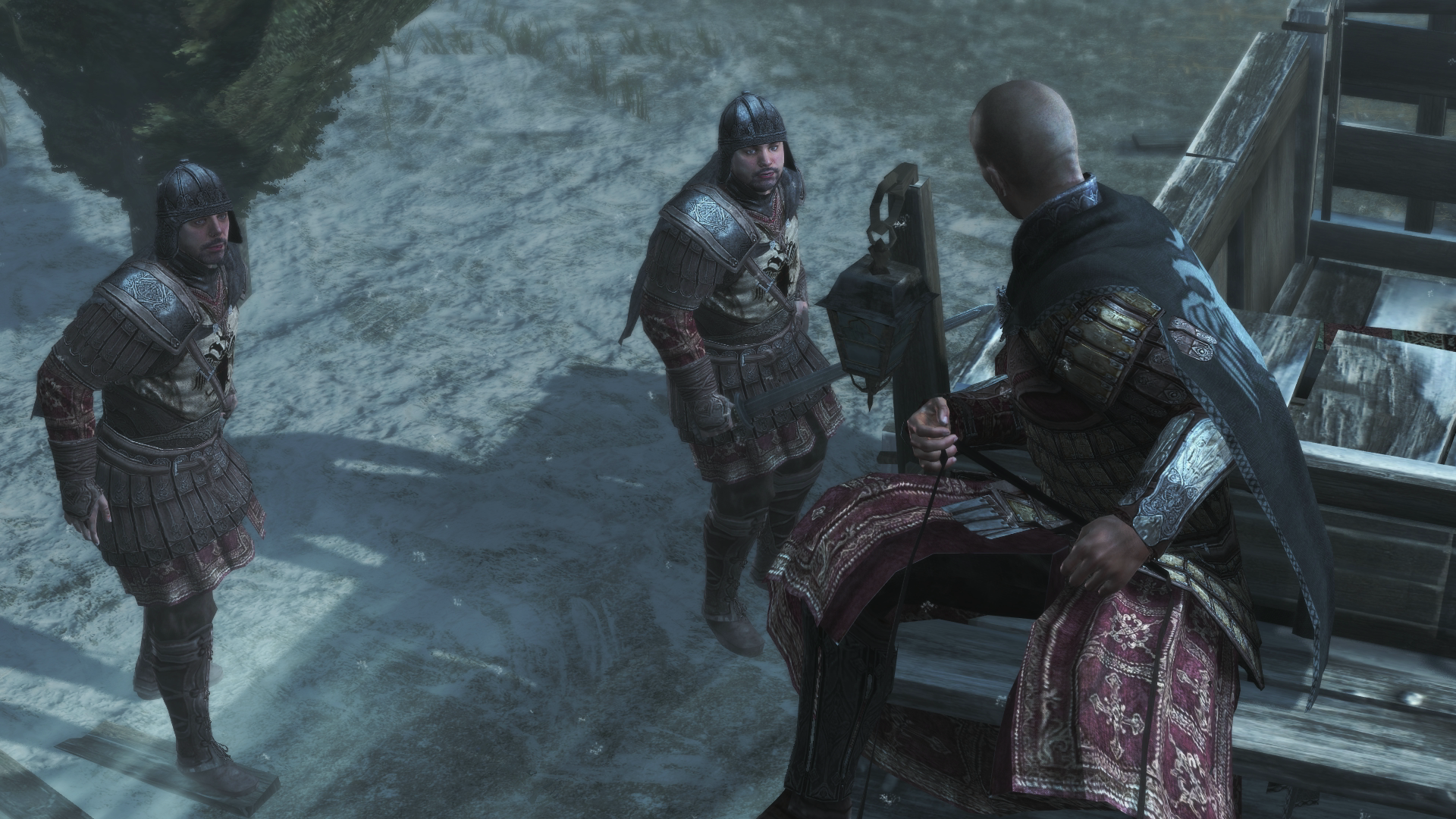




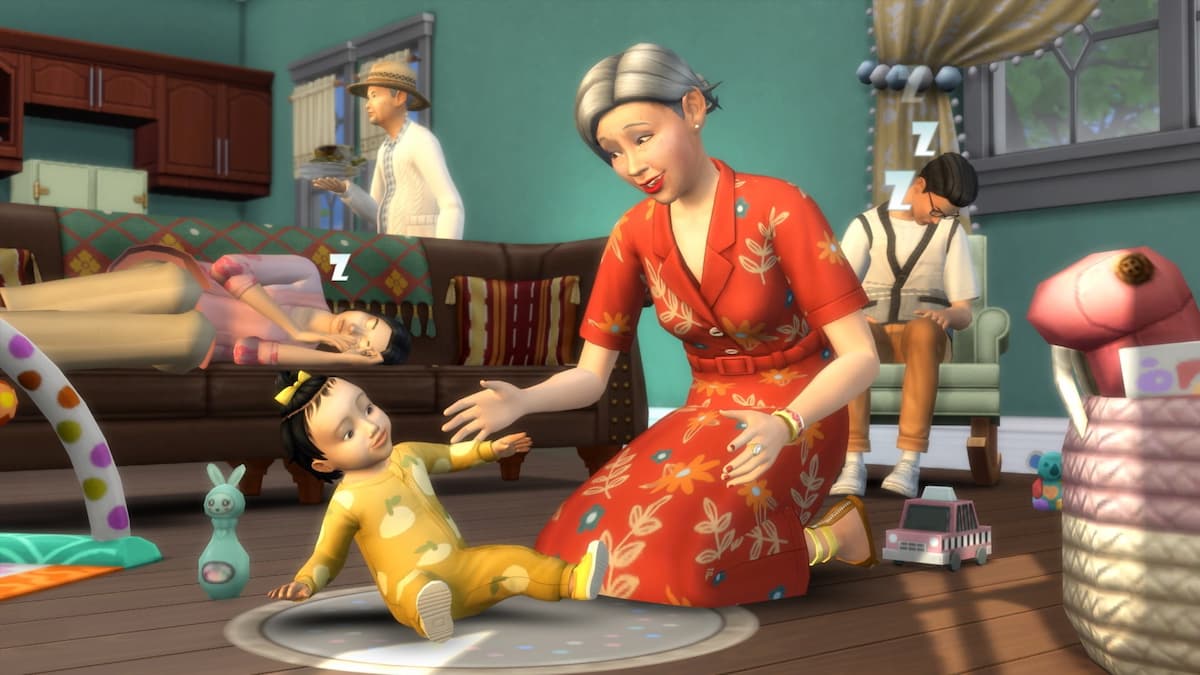
Published: Jan 4, 2017 03:34 pm